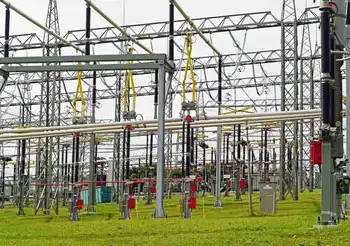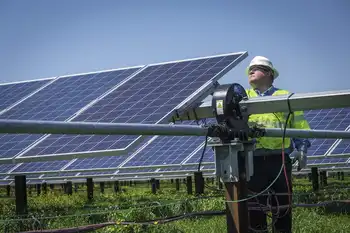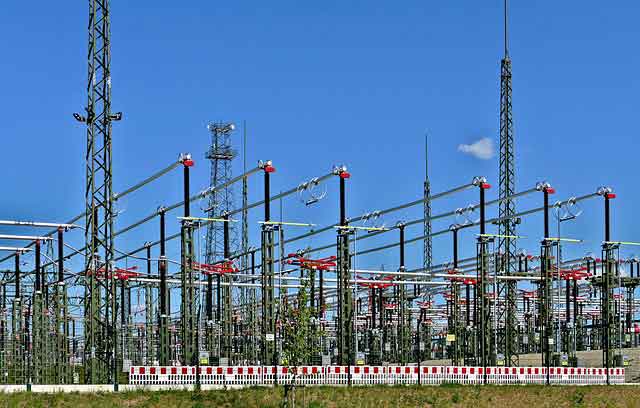Connecticut seeks options for new power plants to reduce electricity bills
BRIDGEPORT, CONNECTICUT - The Department of Public Utility Control said the state, searching for ways to reduce electricity bills, will begin to entertain proposals to build power plants or create new energy management programs.
In a recent news release, the DPUC said it has approved a draft for its Request for Proposals to reduce electricity costs and plans to issue the RFP on September 15.
Spokesman David Goldberg said the DPUC was obligated to issue the RFP under the state's Energy Independence Act of 2005, which requires the state agency to find a way to reduce federally mandated congestion charges. Under federal rules, U.S. consumers living in areas that import more power than they produce pay more for electricity.
According to a DPUC-commissioned study, Connecticut could be short more than 600 megawatts of electricity during peak usage times in 2007.
In southwest Connecticut, the problem is compounded by concerns older power lines can't bring in enough electricity to meet the area's needs, so several local power plants were granted contracts to run all the time in order to assure the area has enough power. These contracts cost state electricity customers as much as $300 million a year.
Goldberg said the RFP was written to attract a variety of bidders, from traditional power plants to electricity conservation administrators.
Developers will be offered incentives to build new plants in the state, but those incentives have not been finalized, according to DPUC documents.
If the state creates more power and uses electricity more efficiently, Goldberg said the DPUC believes electricity prices will eventually stabilize because congestion charges will be reduced.
State Rep. Steve Fontana, D-North Haven and chairman of the General Assembly's Energy and Technology Committee, said residents should prepare for at least a few years of higher costs before prices stabilize.
He said it takes a few years to get major electricity projects up and running, meaning the DPUC program won't have an effect for several years.
Still, Fontana said, these are the steps the state needs to take to meet its future needs.
Related News

Georgia Power warns customers of scams during pandemic
ATLANTA - With continued reports of attempted scams and fraud by criminals posing as Georgia Power employees during the COVID-19 pandemic, the company reminds customers to be aware and follow simple tips to avoid becoming a victim.
Customers should beware of phone calls demanding payment via phone to avoid disconnection.
Last month, Georgia Power and the Georgia Public Service Commission extended the suspension of disconnections due to the impact of the pandemic on customers. In addition, the company will never ask for a credit card or pre-paid debit card number over the phone. The company will also never send employees into the…




